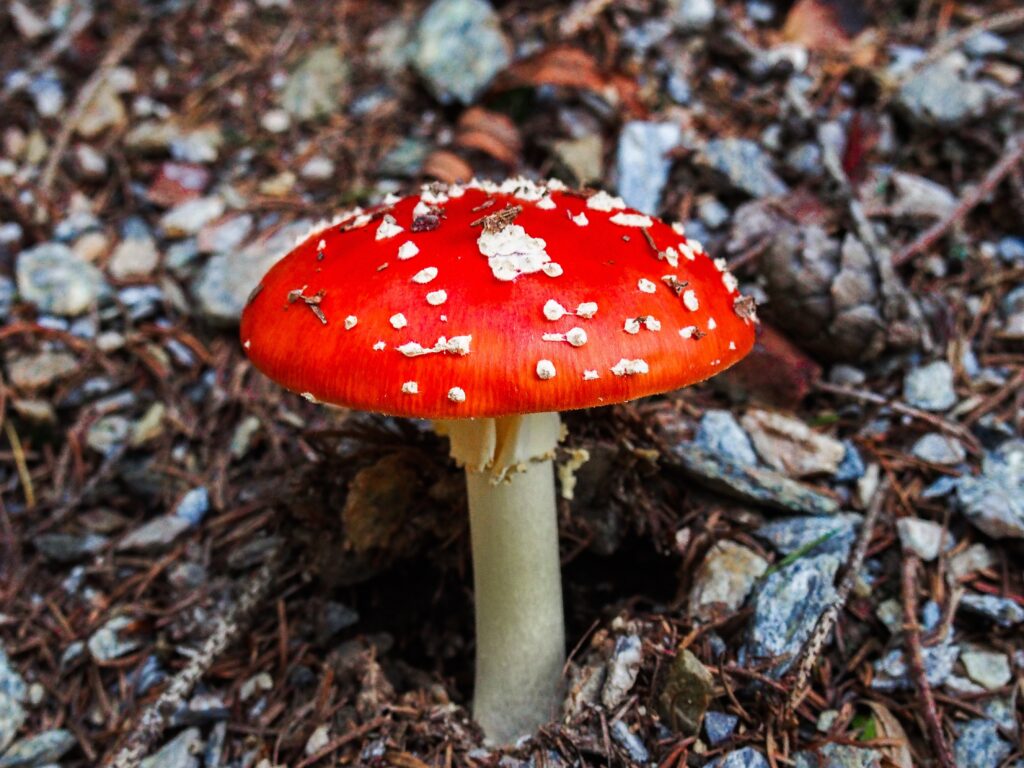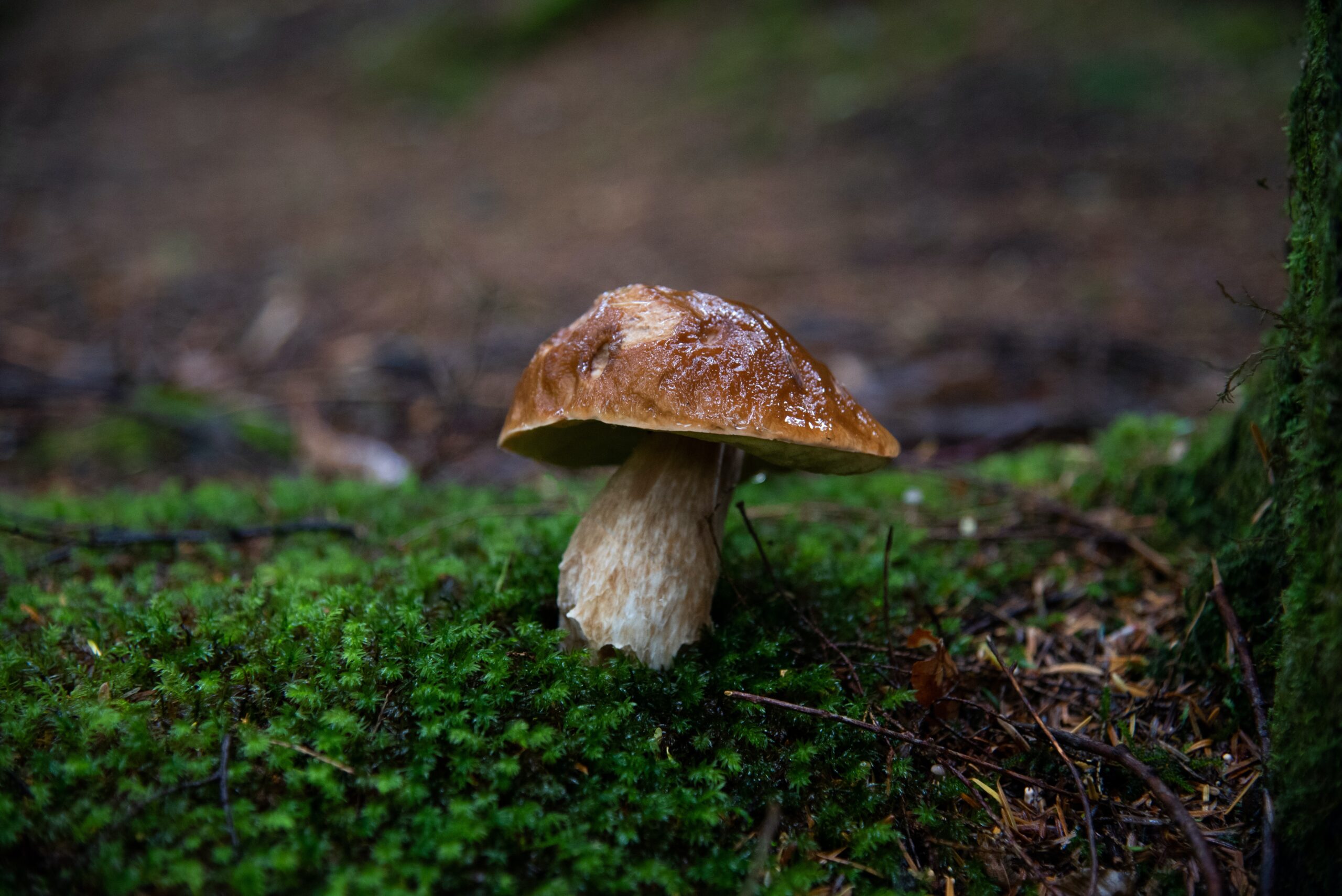If you’ve ever found yourself doubled over in pain after eating your favorite meal, then you know just how serious food poisoning can be. One of the most dangerous types of foodborne illnesses is caused by the bacteria Listeria monocytogenes – a microscopic menace that can wreak havoc on your body and leave lasting damage if left untreated.
In this post, we’ll dive deep into everything you need to know about listeria infection and how to protect yourself from it. So grab a seat (and maybe some hand sanitizer), because things are about to get real!
What is listeria infection?
Listeria infection, also known as listeriosis, is a serious foodborne illness that can be deadly. The bacteria that cause the infection are found in soil and water and can contaminate food. Listeria infection can cause severe illness, particularly in pregnant women, the elderly, and people with weakened immune systems. Symptoms of the infection include fever, muscle aches, diarrhea, and vomiting.
If left untreated, the infection can lead to sepsis, a potentially life-threatening condition. Treatment for listeria infection typically involves antibiotics.
Symptoms of listeria infection range from mild to severe
Listeria infection can cause a wide range of symptoms, from mild to severe. The most common symptom is a flu-like illness, with fever, chills, muscle aches, and sometimes nausea and vomiting.
If the infection spreads to the nervous system, it can cause headaches, stiff neck, confusion, loss of balance, or convulsions. In pregnant women, listeria infection can lead to miscarriage, stillbirth, or premature delivery. Listeria infection is treated with antibiotics.
Listeria infection in pregnant women
When pregnant, it’s important to be extra careful about what you eat and drink. This is because your immune system is weaker during pregnancy, and you’re more susceptible to foodborne illnesses. Listeria infection is a serious foodborne illness that can be especially dangerous for pregnant women.
Listeria is a type of bacteria that can contaminate food. It’s found in soil and water, and can sometimes get onto food before it’s packaged. Pregnant women are about 10 times more likely than other healthy adults to get sick from listeria.
If you’re pregnant and think you might have eaten something that’s contaminated with listeria, call your doctor right away. Symptoms of listeria infection include fever, muscle aches, and gastrointestinal problems like diarrhea. If the infection spreads to the nervous system, it can cause headaches, confusion, a stiff neck, and convulsions.
Listeria infection during pregnancy can lead to miscarriage, stillbirth, or premature delivery. It can also cause serious health problems for the newborn baby. If you think you might have a listeria infection, call your doctor right away so they can diagnose and treat the infection as soon as possible.

Food poisoning
Other people who are at high risk of listeria infection
Pregnant women are at a higher risk for developing listeria infection because the bacteria can cause miscarriages and stillbirths. People with weakened immune systems are also more susceptible to the infection. The elderly, young children and people with chronic illnesses such as cancer or diabetes are particularly vulnerable.
Listeria high-risk foods
Listeria is a bacteria that can cause food poisoning. It can lead to serious illness and even death. Some high-risk foods for listeria include:
-Raw or unpasteurized milk and dairy products
-Uncooked meats, poultry, or fish
-Deli meats and hot dogs
-Ready-to-eat foods such as deli salads, ham salads, chicken salads, etc.
Pregnant women, the elderly, young children, and people with weakened immune systems are at the highest risk for serious illness from listeria infection. If you are in one of these groups, it is important to avoid high-risk foods or to cook them thoroughly before eating.
Hints for handling and preparing food
When it comes to handling and preparing food, there are a few things you can do to help prevent listeria infection. First, be sure to wash your hands thoroughly with soap and water after handling raw meat or poultry. You should also clean all cutting boards, knives, and other utensils that come into contact with raw meat or poultry. Be sure to cook meat and poultry thoroughly, and avoid cross-contamination by keeping cooked and raw foods separate. Finally, avoid unpasteurized dairy products, as they may contain the bacteria that cause listeria infection.
Store food with care
When it comes to storing food, you need to be careful with certain items in order to avoid the risk of listeria infection. Here are some tips:
– refrigerate all perishable foods within 2 hours of purchase
– keep your fridge at 40°F or below and your freezer at 0°F
– wash your hands thoroughly before and after handling food
– clean up spills in the fridge immediately
– wash cutting boards, dishes, and utensils after each use
– don’t let raw meat, poultry, or seafood come into contact with other food
– cook meat, poultry, and seafood thoroughly before eating
– avoid unpasteurized milk and cheeses
Final Notes
Food poisoning
As with any foodborne illness, listeriosis can be prevented by following food safety guidelines. Be sure to wash your hands thoroughly, cook food properly, and avoid cross-contamination.
If you’re at high risk for the disease, take extra precautions by avoiding unpasteurized dairy products and certain types of seafood. Listeriosis is a serious infection, but it can be easily prevented with proper food safety measures.

